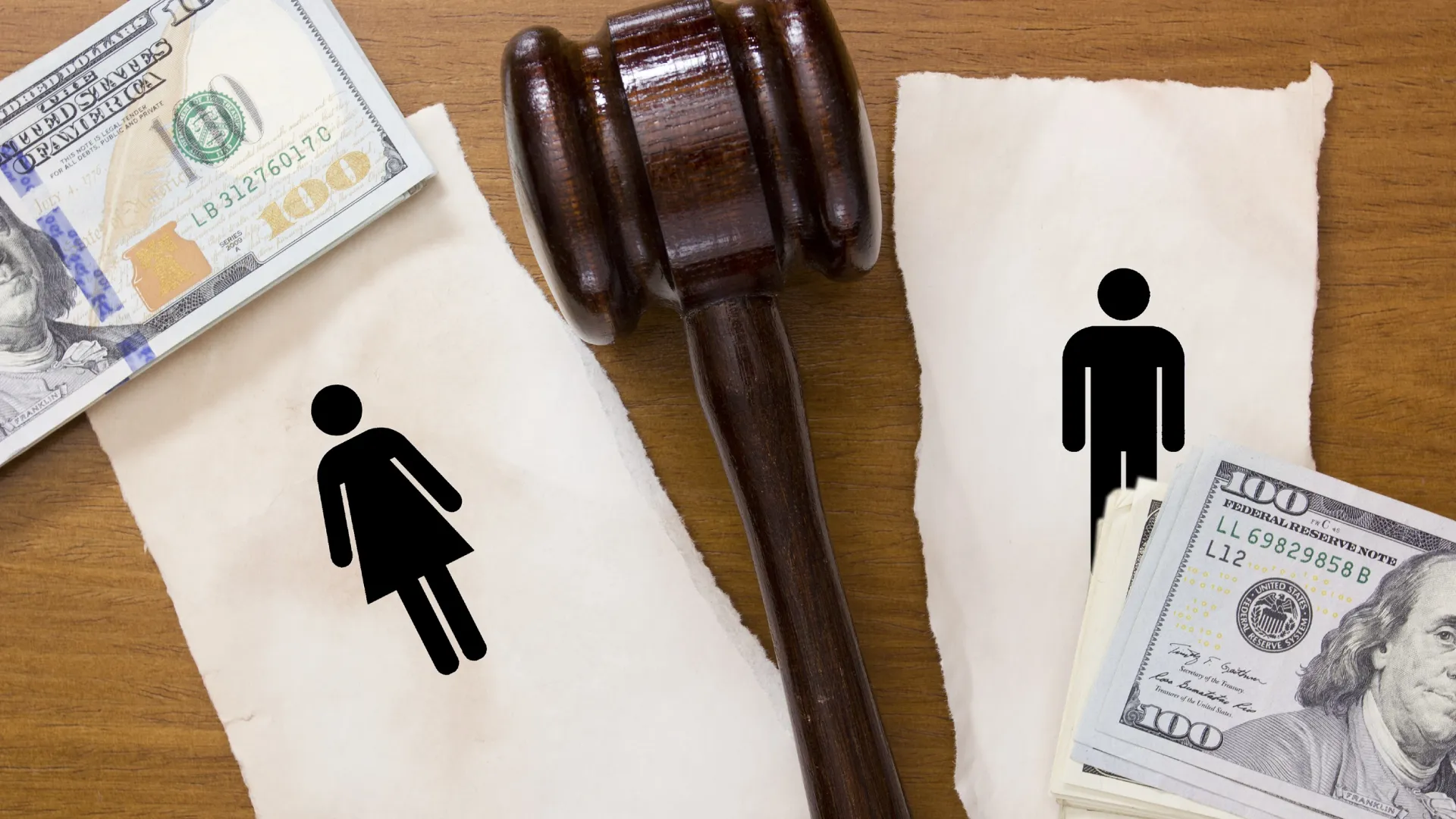
Are Personal Injury Awards Subject to Equitable Division in a Georgia Divorce?
Are Personal Injury Awards Subject to Equitable Division in a Georgia Divorce?
One commonly asked question in our Georgia divorce cases is from people who have received a personal injury award from either a car accident or some other injury. The question is usually, "Will my spouse receive any part of my personal injury award in my Georgia divorce?
Several divorce cases I have had the privilege of working on as a Georgia family law attorney have involved the issue of division of a settlement received due to a personal injury suit. In these cases, our clients had received substantial settlement awards as the result of automobile accidents. One of the contested issues in the Georgia divorce was 'How much, if any, of those personal injury funds did they have to give their soon to be ex-spouse?' After all, is it really fair that the ex-wife or ex-husband, who suffered no pain and lasting physical effects of the injuries, benefit from the other's pain and suffering?
Fortunately, the law in Georgia does not allow one spouse to benefit from the other's misfortune and suffering in this type of situation. In determining what part of a personal injury settlement award is subject to equitable division in a divorce, Georgia's case law allocates these awards into separate and marital portions based on the award's purpose. The marital portion of a personal injury award subject to equitable division is portions paid to the accident victim for medical expenses (previously paid with marital funds or incurred during the marriage) and lost wages for work missed during the marriage. The portion of the award that is separate property, not subject to equitable division, is the part of the award for pain and suffering, future medical expenses, future lost wages, and punitive damages. "A personal injury claim settlement, to the extent that it represents compensation for pain and suffering and loss of capacity, is peculiarly personal to the party who receives it. For the other party to benefit from the misfortune of the injured party would be unfair." Campbell v. Campbell, 255 Ga. 461, 462 (Ga.1986). This is also true for a soon to be ex-spouse's loss of consortium claim. A loss of consortium is considered a loss peculiar to the claimant, so the award is separate property and not subject to equitable division.
As with many litigation cases, parties settle personal injury suits. Often the settlements are lump sum in nature. When I use the term "lump sum," I mean that the settlement is for an agreed upon amount, and it was never designated what part is for lost wages, what part is for medical bills, and what part is for pain and suffering. As you can imagine, this creates a problem when trying to determine what part of the award should be divided between the spouses and what part of the award is actually the injured spouse's separate property.
When you have this "lump sum" settlement scenario, you must have an experienced Georgia divorce attorney who will know how to either employ a personal injury attorney or an expert to establish the award's purpose. Even if it is found that part of the personal injury settlement is subject to equitable division, the Court can still evaluate whether it would be "equitable" or "fair" for the non-injured party to receive a portion of those settlement funds.
